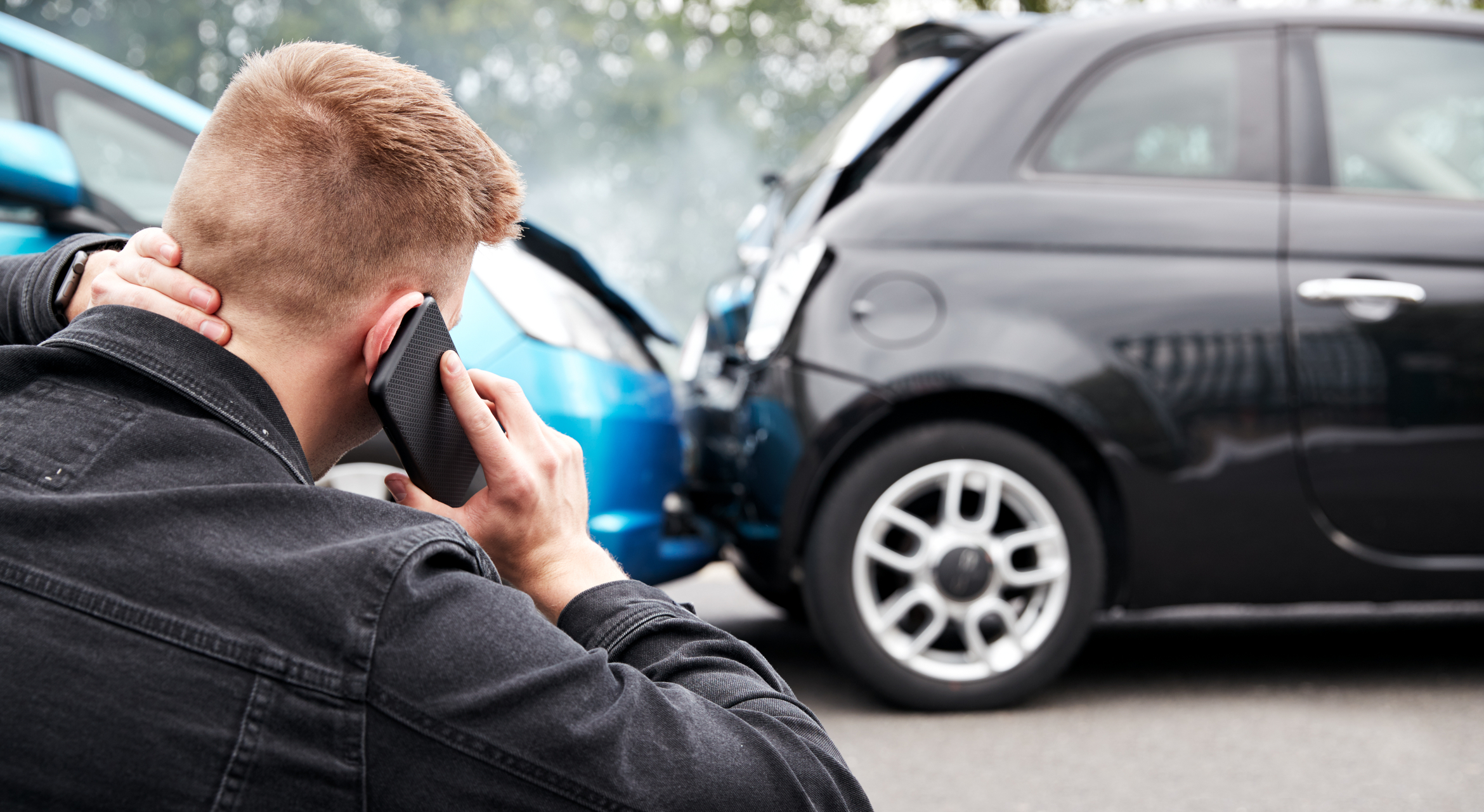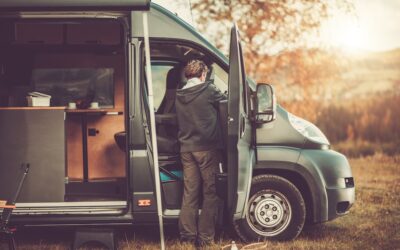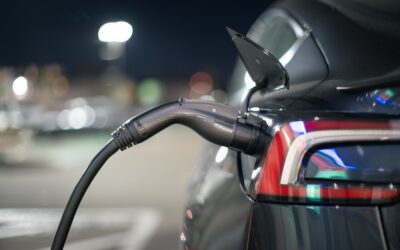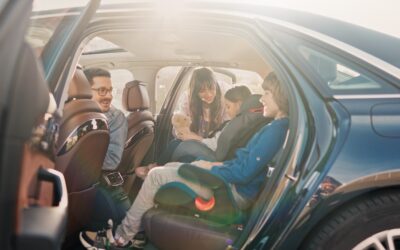Whether you’ve just been involved in an accident, or you want to be prepared should the worst ever happen, this is your step-by-step guide to what to do after a car accident.
Stop Your Car
You should never leave the scene of an accident until you’ve taken all the necessary steps, which we’ll explore below.
You can get up to 9 points on your licence if you leave the scene of an accident. So, don’t do it – do the right thing and you’ll save yourself a lot of hassle in the long-run!
Stay Calm, Don’t Get Angry or Upset
Car accidents can be traumatic, but it’s important that you keep your cool. Getting angry or upset won’t help anyone. So take as many deep breaths as you can. Then, when you’re ready, it’s time to leave your car and start gathering some information.
If anyone’s been injured in the accident, call an ambulance before you do anything else.
Information to Gather After a Car Accident
Gather as much information as you can at the scene of the accident, as it could all prove useful later.
The more information you can gather, the better. But as a bare minimum, you’ll need the following:
- The number plates of any vehicles involved.
- The names and addresses of anyone involved.
- The telephone number of anyone involved.
If someone asks you for your name and address, don’t hesitate to share your details! In fact, under the Road Traffic Act (1988) you’re legally required to share these details with “anyone with reasonable grounds to ask”.
For insurance purposes, this includes anyone involved in the accident. If you happen to be driving someone else’s car, make sure to share the name and address of the vehicle’s owner as well as your own.
You have no legal obligation to swap your insurance details with other drivers. However, doing so can greatly speed up the claims process.
Don’t Admit Guilt!
When talking to other people involved in the accident, never admit guilt for causing the accident!
Even if it’s clear to everyone that the accident was your fault, this is not the place to share your guilt. If the other drivers decide to make an insurance claim – or worse, if they decide to take legal action against you – your admitting guilt could cause you a lot of problems later on.
So be as polite and helpful as you can with the other driver – even if they’re not acting as polite or as helpful as you’d like. Remember: The accident’s happened now. It’s done. It’s now a matter for the garage, your insurers, and for the police.
But beyond exchanging details, there are still a few things you can do that might come in handy later.
Gather Evidence
Take as many pictures as you can.
Start with your own car. Take pictures of it from every angle, and not just the damaged bits. Also take pictures of the surrounding area, particularly if you feel that something in the area caused the accident, such as a hidden exit, give way or no entry sign.
It’s also a good idea to get photos of any other cars involved, though make sure you ask the owners’ permission first. Once again, take pictures of the entire car, even if there’s no visible damage.
Finally, if any property in the area got damaged by the accident, take pictures of that too.
Can I Get a Witness?
If possible, get the details of anybody who saw what happened.
This isn’t strictly necessary – and indeed, there might not even be any witnesses around! But an independent third party’s account might come in handy should the other driver’s version of events differ from your own.
Do I Have to Call the Police?
If you’re able to exchange details with other people involved in the accident, then there’s no need to call the police.
But if you can’t exchange details with other drivers, then you have to inform the police within 24 hours of the accident.
So there are some circumstances where you’ll have no choice but to call the police. For example, if the other driver immediately leaves the scene of the accident. In this case, try and get the other car’s registration plate, as this will help the police track down the driver.
Similarly, if you hit a parked car, or if you damage some property and there’s nobody else around, then you’ll have to call the police and let them know. If you don’t do this within 24 hours of the accident, you could get up to 9 points on your licence. So do the right thing!
You might also want to call the police if the other driver is unhelpful or confrontational. But one final instance in which you must call the police is if anyone’s injured in the accident. Whether it’s you, the other driver, a passenger, somebody in another vehicle, a cyclist or a pedestrian, if someone’s hurt then the police must know.
When notifying the police of an accident, you will be given a crime reference number and details of any attending officer. It is important you share these details with your insurer, when reporting your claim, should they need to obtain a copy of their report.
Call Your Insurer
After the accident, regardless of whether you want to make a claim on your insurance or not, you must tell your insurer that you’ve been involved in an accident. This should be done as soon as possible – ideally within 24 hours of the accident.
If you don’t intend to make a claim, let your insurers know that you’re reporting for “information only”. But you must tell them. Otherwise, you might invalidate your policy, which would make it much harder for you to get adequate cover in the future. And there are some severe penalties for driving without insurance.
Recovering From a Car Accident
Once you’ve got all the information you need, and once you’ve either exchanged details with other drivers or informed the police, it’s safe to leave the scene of the accident.
But you may still feel a little shaken. So take as much time as you need to steady yourself before you drive off again.
And don’t let this bring you down, and don’t let it put you off driving. Car accidents are extremely common. Almost all drivers will be involved in an accident at some point. This doesn’t mean you’re a bad driver. It might just mean you’re unlucky!
So do whatever you need to do to recover, then get back behind the wheel and commit to being as safe a driver as possible.
